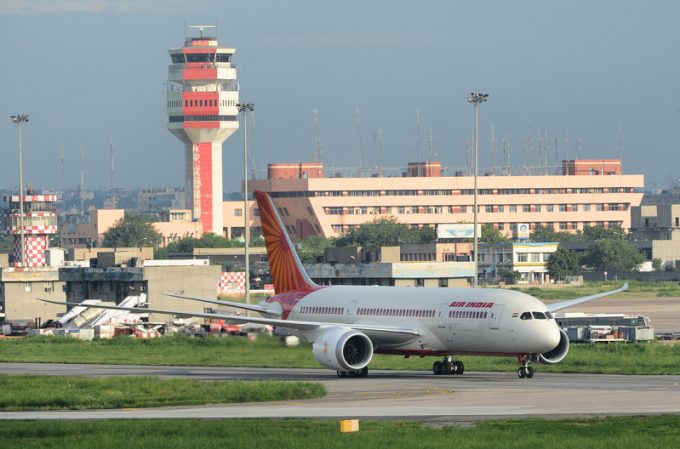CNS: rumours of its demise may be premature
Speculation that the CNS Partnership event may have run its course seems premature. Attended by some ...

India’s competition authority has been ordered to re-investigate claims by air cargo agents that IATA and affiliate IATA India are operating an anti-competitive cartel.
The controversy dates back to 2012 when the Air Cargo Agents Association of India (ACAAI) filed a complaint citing IATA’s “anti-competitive activities and abuse of dominant position”.
The complaint, to the Competition Commission of India (CCI), claims CASS – IATA’s Cargo Accounts Settlement System – imposed rules on forwarders that are anti-competitive, unilateral and one-sided.
Fast-forward to June 2015: the CCI ruled IATA had not contravened India’s Competition Act.
The ACAAI appealed before the Competition Appellate Tribunal (COMPAT), arguing that the CCI had not fully addressed the “aspect of abuse of dominant position” by IATA.
And last month, COMPAT upheld the appeal and ordered the CCI to conduct a fresh investigation and submit a new report within 60 days.
The ACAAI told The Loadstar it wanted “an equitable outcome” for Indian forwarders and IATA-member airlines from what it described as a “David versus Goliath battle”.
“Currently, all decisions are made behind closed doors by the CAC (Cargo Agency Conference), which is a cartel of IATA airlines making rules unilaterally for agents to strictly follow, or be out of business,” said the forwarder body.
“All rules and resolutions must be formulated by equal representation of both parties involved, across the table.”
ACAAI also takes issue with IATA’s accreditation criteria for agents, claiming they are “nothing short of draconian”, with “separate standards conveniently for the western world”.
The ACAAI said it was common in Asia-Pacific countries for forwarders to pay bank guarantees and bonds to IATA in addition to individual airlines, and that every agent must fulfil IATA’s financial criteria.
It added: “In terms of penalties, the CASS rules – which are again one-sided and decided by the CAC alone – remain a hanging sword over every agent. For example, even if an airline were to make an invoicing error, the agent would first have to pay the airline and then go for a correction, refund or credit, as the case may be.
“CASS payment dates as set by CAC are cast in stone, having little regard for any local holidays of the country.
“It’s pay or perish!”
IATA issued a statement in response to the COMPAT ruling. It said: “It is incorrect to say that ACAAI has won the case against IATA. The COMPAT order is not against IATA. It only relates to the procedural infirmities committed by the CCI in its investigation and order and in no manner affects the merits of the case or contains any adverse findings as far as IATA is concerned.
“As such, a reading of the operative part of the order would reveal that the order does not contain any observations in relation to allegations pertaining to violations of section 3(3) of the act as well as CASS.
“It is unfortunate that we have been caught in this technicality between the COMPAT and CCI. Nonetheless we continue to extend our full co-operation so as to reach a quick and satisfactory resolution to this.”
It added: “It is pertinent to note that the COMPAT order does not make any adverse findings in relation to IATA or any of its activities, including CASS. In fact, neither the CCI nor the COMPAT have ever ruled against IATA on the substance of ACAAI’s complaint in these proceedings.
“CASS has also never been held to be anticompetitive in any jurisdiction.”
Comment on this article
Des Vertannes
December 16, 2016 at 1:52 pmUnbelievably it appears ACAAI (Air Cargo Agents Association of India) have reignited claims IATA operates a Cartel and abuses it’s dominant position! Despite the Indian Competition Commission previously rejecting this they feel compelled to appeal! This association could benefit from an exciting new agreement that promotes a modernized Carrier/Forwarder relationship still doesn’t appear satisfied ! Perhaps (long overdue) retirement of those misguided souls could see their successors contribute productively to our great industry that is helping to sustain our world!
Christopher John
January 31, 2017 at 4:52 pmWhy is it un·be·liev·a·ble ? and perhaps less imports into the nation is a better answer,perhaps the IATA is representing itself and its interest’s only.